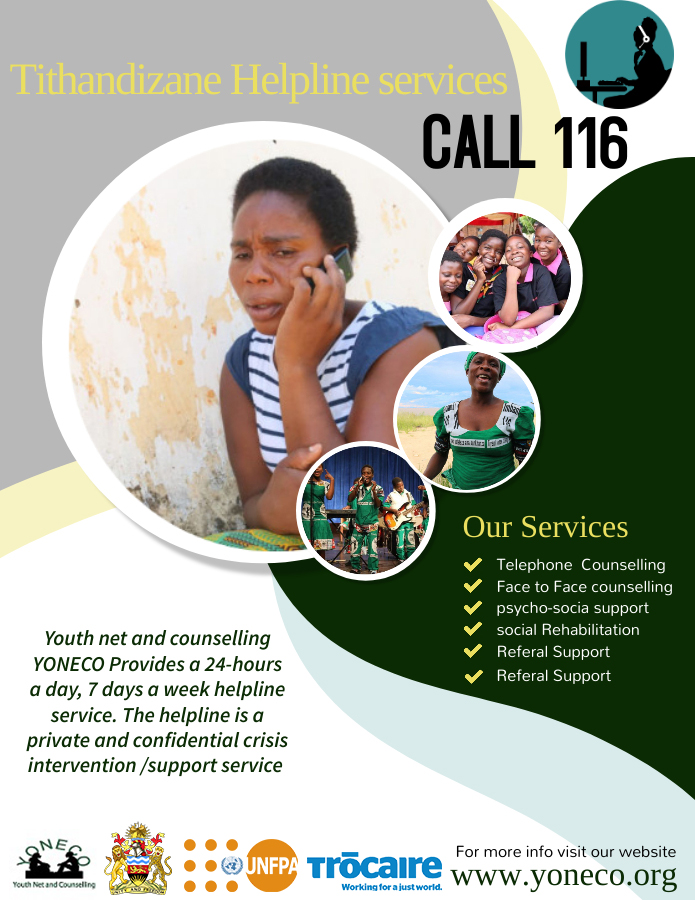Dear Esteemed Readers,
As we bid farewell to December 2023, we find ourselves in reflection, contemplating the impact of the year that has passed. In this edition of the December 2023 Corner, we dedicate our focus to the profound messages delivered by three remarkable women during a high-level meeting on ending child marriages worldwide and in Malawi. Michelle Obama, Melinda Gates, and Amal Clooney, who graced Malawi with their presence from November 13 to 16, 2023, left an indelible mark on the younger generation, providing inspiration and fostering meaningful dialogues with influential civil society leaders on the critical issue of ending child marriages. Their visit prompts us to assess the implementation of laws concerning the welfare of children in Malawi.
These influential women emphasized the pivotal role of political will in eradicating child marriages, challenging stakeholders to approach the issue with utmost seriousness. It is disheartening to note that despite commitments made a decade ago, we have seen only a 10% reduction in child marriages. This mere 1% annual decrease is a pressing concern for the well-being of the girl child. It compels us to reflect on the effectiveness of the investments made—financial, temporal, and human—in responding to the issue. A call for a budget vote on child marriages raises questions about its utilization and warrants a rigorous analysis.
Delving deeper into the discussion, the women inquired about the enforcement of laws, revealing a striking revelation that the Child Care, Justice, and Protection Act (2010) has lacked regulations for 13 years. The recent National Child Justice Forum meeting in Blantyre echoed this concern, questioning the commitment to justice for children when essential laws are not effectively implemented. Government Ministries responsible for guideline development must be tasked with ensuring operational guidelines. Addressing the implementation challenges of laws in Malawi is imperative, echoing the women’s message: let us consolidate our gains through focus, political will, and a commitment to ending child marriages, recognizing education as a key driver in this endeavour.
Turning our attention to other significant matters in December 2023, we acknowledge World AIDS Day on December 1. This annual event, themed “Let Communities Lead,” prompts reflection on communities as potent agents of change within systems and structures. Empowering communities to take responsibility requires available resources and places accountability at the forefront. Recognizing communities and their members as assets in HIV and AIDS management processes is crucial. As we commemorate World AIDS Day, health specialists and stakeholders gather in Harare, Zimbabwe, for the International Conference on AIDS and STIs in Africa (ICASA) under the theme “AIDS is not over: Address inequalities, accelerate inclusion, and innovations”. Continuing with this reflection, we must place a special emphasis on innovation, recognizing the challenge of competing funding priorities, particularly with climate change and disasters taking centre stage. While these issues demand resources, the reminder that “AIDS is not over” underscores the importance of sustained investment in HIV and AIDS processes.
Our contemplation extends to the recently launched 16 Days of Activism against Gender Based Violence (GBV). Despite the progressive and colourful launch, we challenge ourselves with a critical “So What.” Launches and celebrations often take precedence, but our focus needs to shift towards meaningful actions addressing the critical aspects of GBV processes. We must invest time in implementing programs that respond effectively to GBV, covering areas such as mitigating the impact on survivors, preventive services, and evaluating the effectiveness of implementers in these processes.
Turning our attention to the Malawi government’s initiative to export labour to Israel, we acknowledge the public backlash it has received. While labour exportation has historical roots, transparency around this recent scheme is crucial. While providing job opportunities, we suggest reconsidering and exploring more sustainable solutions to address internal economic challenges. Rather than exporting labour, a focus on exporting value-added commodities and supporting initiatives like mega-farms, commendable for absorbing young people into the job market, may contribute to a more robust economy.
As an agrarian economy, it becomes imperative to diversify from our major forex earner, tobacco, which is diminishing in global value. Exploring alternative sources of foreign currency is paramount. The youth working in Israel could redirect their energy towards enhancing productivity in the local agricultural sector. In essence, Malawi’s economic improvement hinges on importing less and exporting more.
In concluding our reflections, we acknowledge December as a festive season with Christmas and New Year celebrations. We urge everyone to celebrate responsibly, safeguarding our children, and maintaining continuous engagement with the youth to prevent drug and substance abuse during the festivities. Wishing you a Merry Christmas and New Year blessings for 2024


